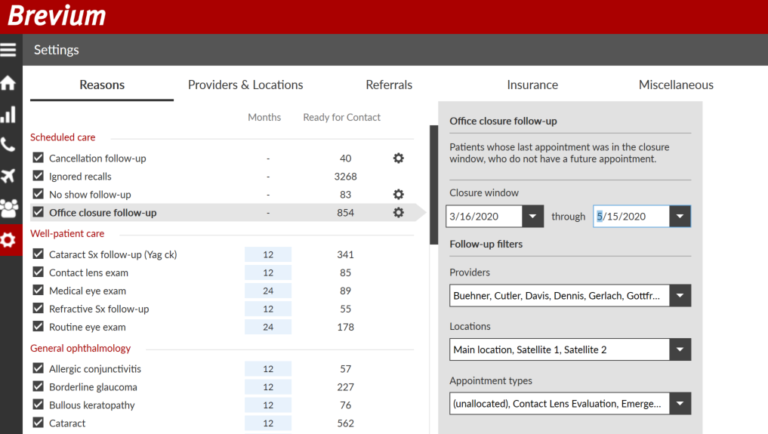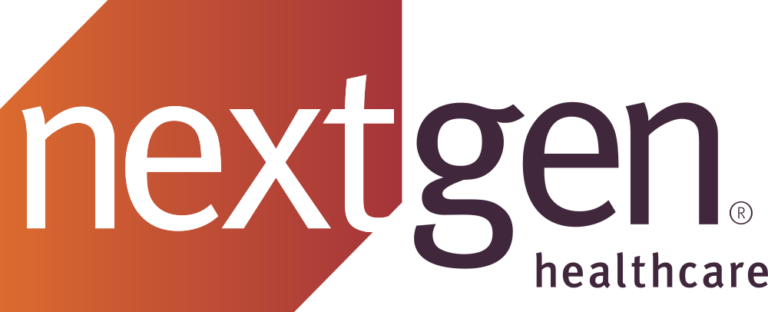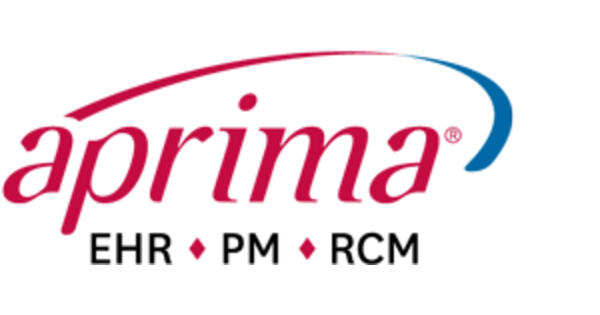The Brevium Blog

AAO 2023 San Francisco
Brevium’s sales team recently enjoyed a trip to San Francisco, California, for the 2023 American Academy of Ophthalmology (AAO) conference event. With over 20,000 doctors, administrators and health professionals from all over the world in attendance, Brevium capitalized on the golden opportunity to meet with these professionals to continue education and network with providers seeking out solutions and innovation. With the conference offering a variety of seminars, workshops and keynote speakers, our team was able to attend multiple classes and meet with countless healthcare professionals to discuss the latest advancements and the future of ophthalmology.
Insight, Innovation and Optimization: The New Frontier in Ophthalmology
Administrators and doctors are always looking for the leg up in this highly competitive industry. Whether it was Ben Seals, CEO of Thomas Eye Care Group, speaking on AI to hundreds of attendees, Virtual Vision Health offering virtual reality glaucoma testing completed outside of a fixed testing room or RXSight discussing the ability to refine a cataract patient’s vision post cataract surgery, attendees were looking to innovative tools and technology to give them the performance edge. With the rise of data science and AI, more tools are becoming available for ophthalmology professionals to take their practices to the next level.
Data Science Is the New Lingo
Data science is the study of large amounts of data using mathematics, statistics, artificial intelligence (AI), and computer engineering to provide insight for your business. In other words, data science uses modern tools and technology to compile and make sense of your data to help your practice come to conclusions about where to improve and how to move forward. This event showcased state-of-the-art technology and software solutions that will be the future of ophthalmology.
More specifically, many of the conference classes and discussions centered around using AI in healthcare. There was a sense of optimism with attendees around the prospect of using AI along with other tools to help ease organizational stress and assist staff efforts. Using AI to assist efforts allows for a faster and more efficient process, not only reshaping the way providers diagnose and treat patients, but also mitigating costs for the practice. AI solutions, while not widely used today, are looking to be the future as leaders in the industry find ways to innovate and optimize the treatment process to improve patient health outcomes.
The Brevium Impact: Unlock Practice Potential Through Patient Reactivation
Many practices are often left to make important decisions based on educated guesses and assumptions when it comes to reactivating overdue patients. With Brevium, this is no longer the case. Brevium’s patented technology integrates with your practice management system and mines the database for patients who have stopped responding to your recall attempts and uses proven outreach methods to bring them back. Though Brevium’s booth was located in a more obscure part of the exhibit area, ophthalmology leaders sought out our team to discuss how Brevium gives practices a performance edge. Here’s what they discussed:
1. Brevium offers free integration to identify a practice’s lost patients and have a data driven discussion about their opportunity before deciding to work together.
Because this feature is offered almost nowhere else, attendees found this approach refreshing. This ability to see the number of overdue patients and the resulting potential revenue opportunities helps health professionals make decisions before committing to any long-term agreement.
2. Brevium answers questions about lost patients that were previously theoretical but now actionable.
Rather than making decisions solely based off patient demographic and treatment interval, practices have access to data detailing disease state, provider, practice location and other unique identifiers thanks to Brevium’s data mining tools. This additional information is crucial for determining which patients to contact. Instead of having a random patient placed on the doctor’s schedule, Brevium enables practices to choose a specific patient type to fill the schedule based on the provider or practice’s focus.
3. Brevium helps providers seamlessly integrate inactive patients into their schedules.
In the past, providers would often say they are too “busy” to see new patients. Now, providers and administrators discuss the potential opportunities from the return of their lost or overdue patients—especially for optometrists or ophthalmologists new to their practice. Plus, Brevium’s technology provides practices with data-backed reports on the true “busyness” of its providers, allowing practices to not only choose patients with specific diagnoses to reactivate, but allocate them to providers with openings in their schedules.
Conclusion
The upbeat mood of the conference reflects the exponential growth happening in the ophthalmology world. “Ophthalmology innovation is back and it’s exciting,” said Joe Casper, Brevium’s Head of Strategic Accounts. “If your company is not nimble and continuously improving, you will be left in the dust.”
AAO is the place for Brevium. There’s no other opportunity like this one to demonstrate the value of Brevium’s patented technology to the leading doctors and administrators in the ophthalmology industry. Brevium’s exhibit allowed our team to convey that while acquiring new patients is valuable, you must grow organically with the patients that already trust you if you want to boost practice performance. Equipped with Brevium’s innovative tools and proven techniques, practices can optimize patient care and fill its providers’ schedules with these high-priority patients.














